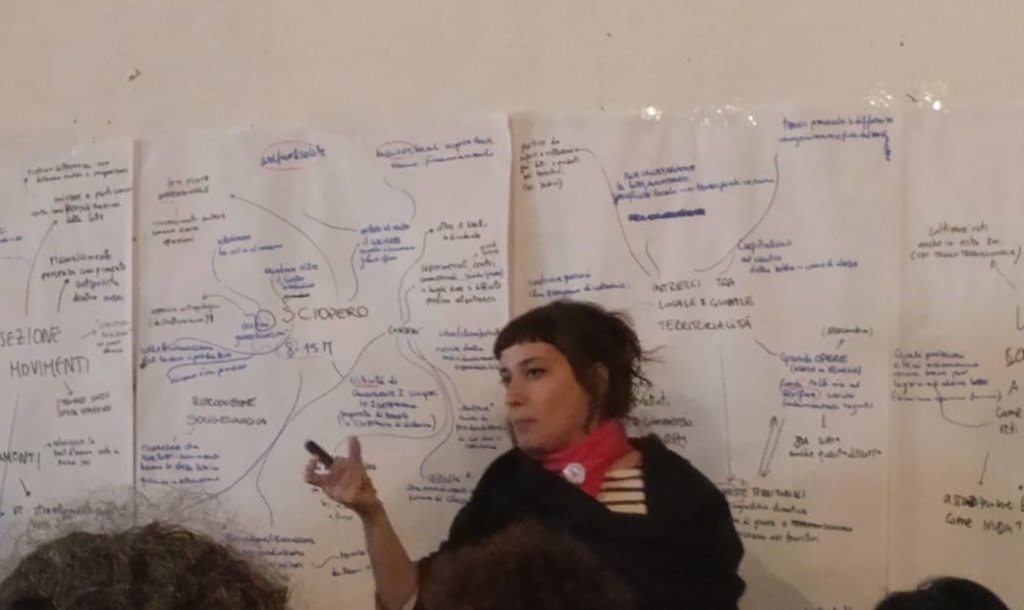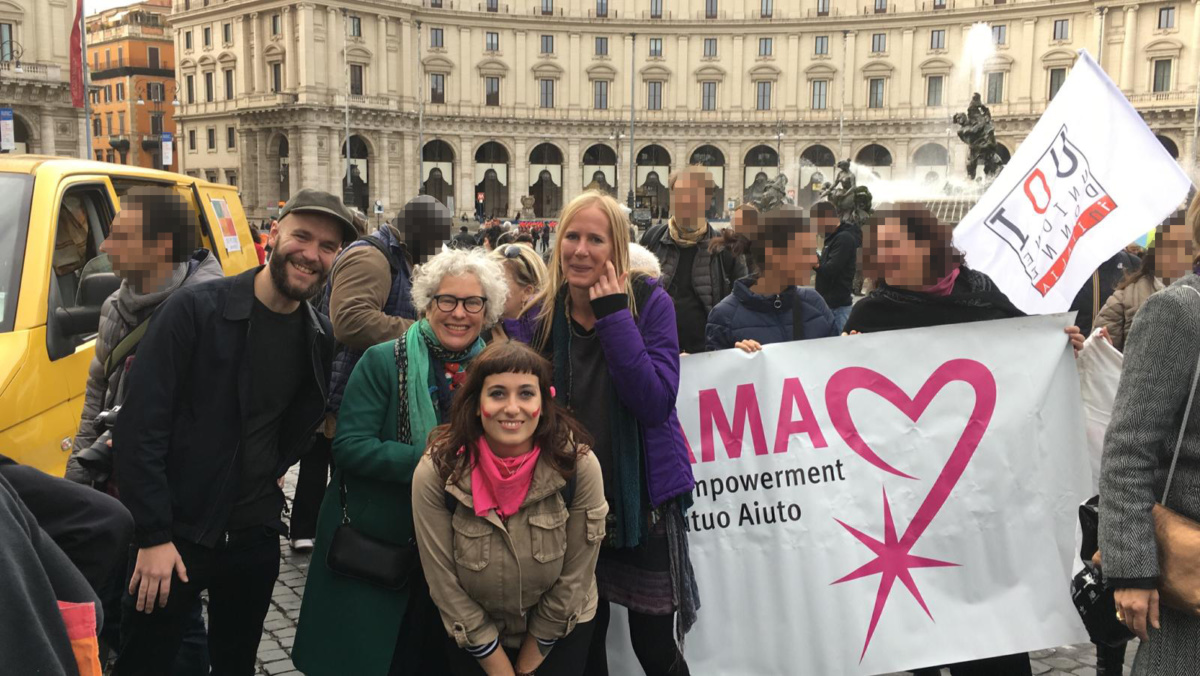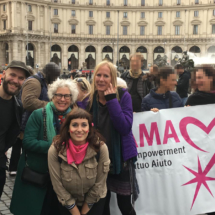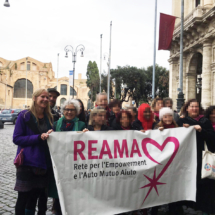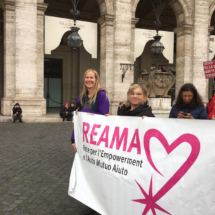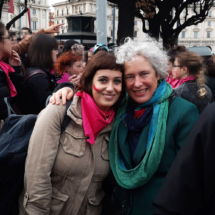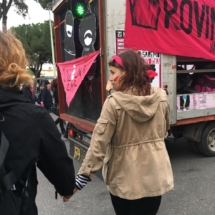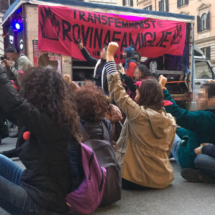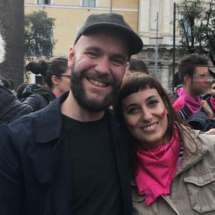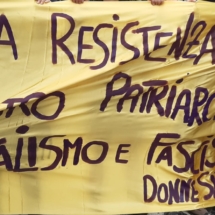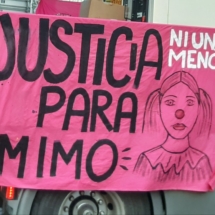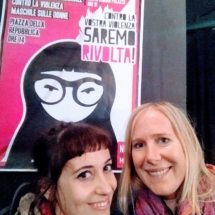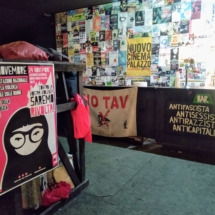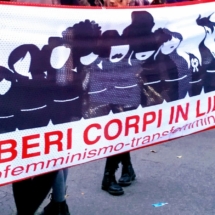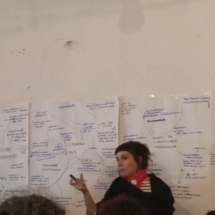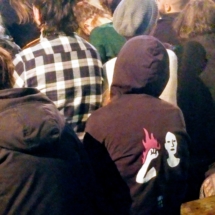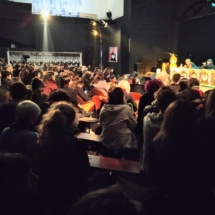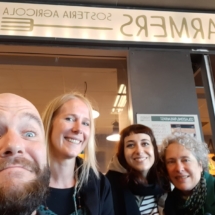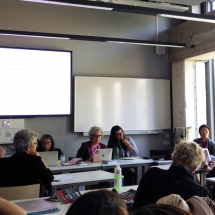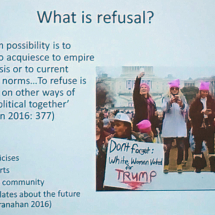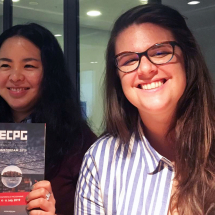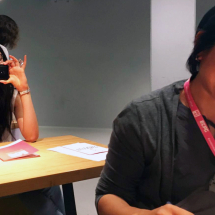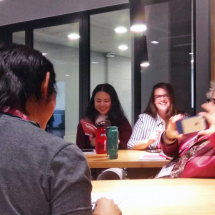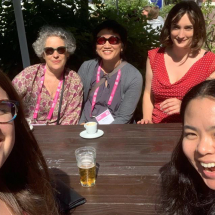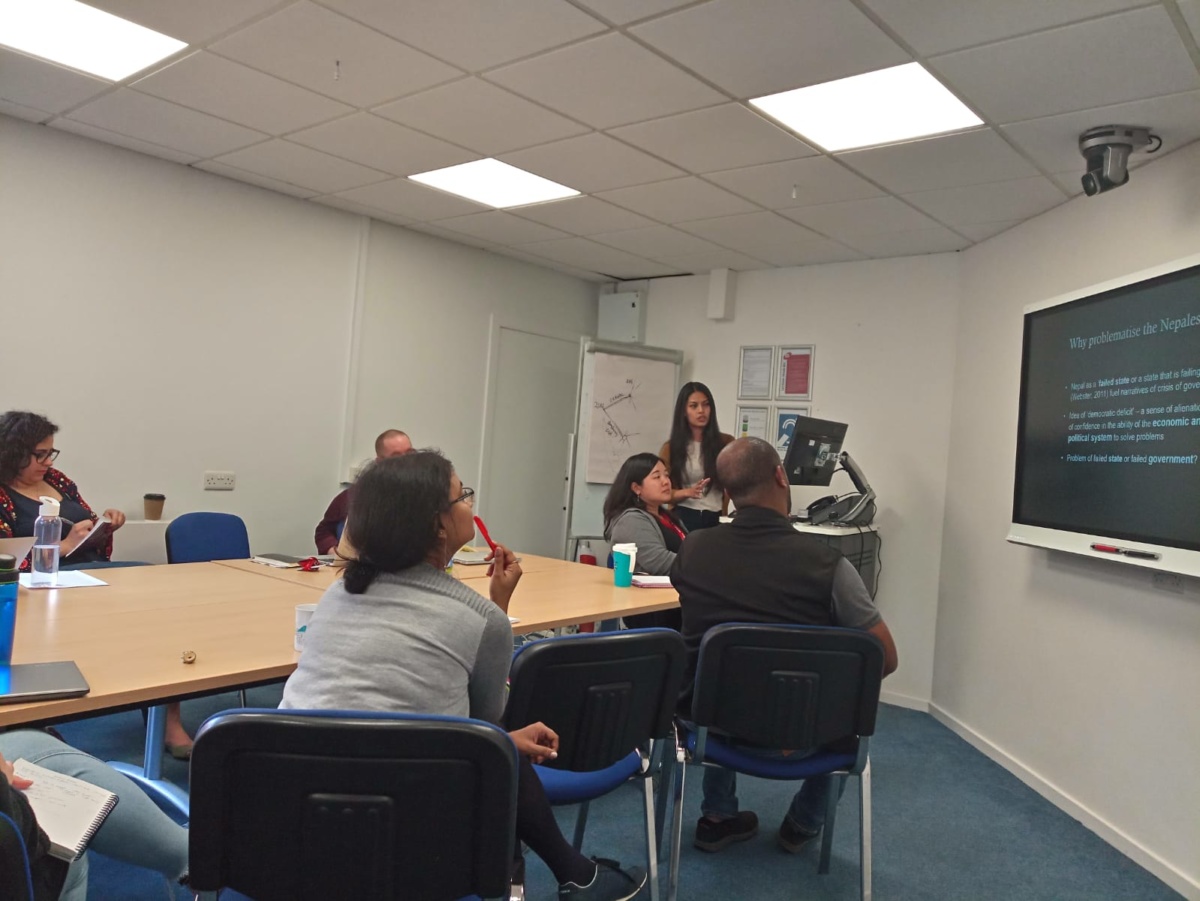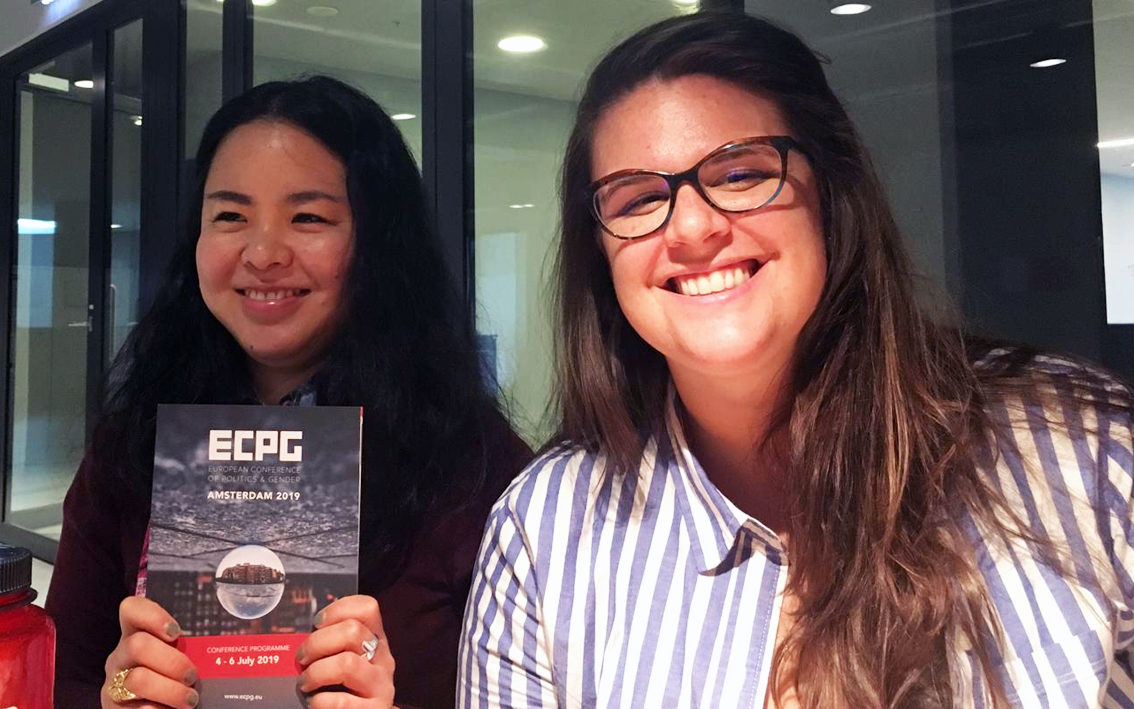
Nanako Nakamura and Constance Dupuis at ECPG, Amsterdam. Photo: WEGO
WEGO was out in force at the European Conference on Politics and Gender which ran from 3 – 6 July 2019 in Amsterdam.
Wendy Harcourt, Gulay Caglar, Chizu Sato, Constance Dupuis , Marlene Gomez and Nanako Nakamura were involved in several panel discussions at the Conference Below are abstracts from some of those panels.
Care and the Commons in Troubling times: confronting whiteness
Led by Constance Dupuis and Wendy Harcourt
Our paper looks at the everyday practice of feminist political ecology as not only practices rooted in one geographical place and culture but also as collective processes that are forming a global community network. We explore how feminist political ecology (FPE) aims to navigate racist structures, gender and class inequalities that determine struggles over rights and resources. Inspired by Donna Haraway’s staying with the trouble, our paper looks at how we confront whiteness in feminist political ecology. We address the ways in which white privilege and colonialism continue to be reproduced and how FPE can engage in critical conversations without centring the white experience.
Analyzing the Politics of the Everyday: A Feminist Political Ecology Perspective
There is ample evidence that neoliberal restructuring has led to precarious living conditions as well as to environmental degradation, both of which negatively affect community well-being worldwide. In response, many alternative initiatives have mushroomed at community level that aim to counter neoliberal policies through changing everyday practices of care and natural resource management. Feminist Political Ecology (FPE) is an approach that analyses these practices by taking into account power relations within different systems of oppression at different scales. With an emphasis on the importance of embodiment, place and scale, FPE aims to unveil the processes through which different actors interact, and the strategies and political mechanisms that community initiatives use to challenge the existing power relations based on exploitation, domination, and conflict. This panel seeks to introduce the theoretical tenets of FPE and to show how FPE contributes to feminist political science. Papers will be analyzing different social movements and initiatives around issues of social and environmental justice, natural resource management and care.
Best Wordpress Gallery Plugin
